Denmark MPs debate tough new laws on immigration
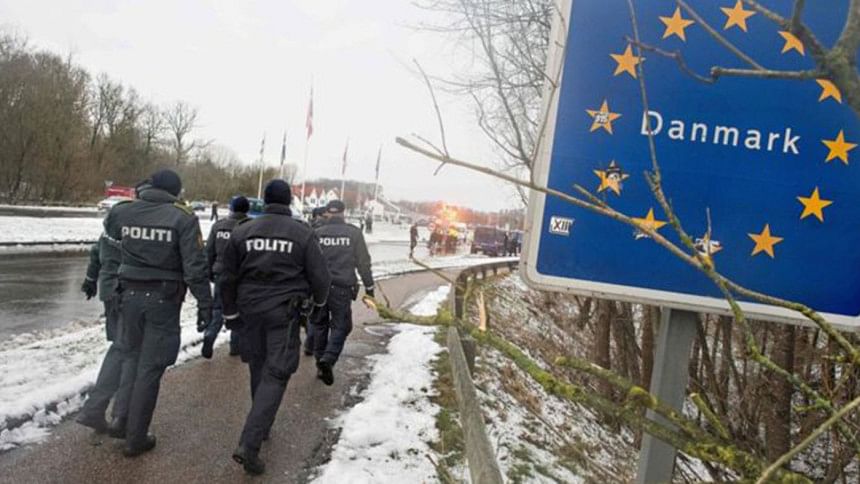
Plans to seize the assets of asylum-seekers are among controversial new measures on immigration being debated by MPs in Demark's parliament.
The proposals have been condemned by the UN refugee agency and other rights groups, who say they go against international rules on refugees.
Prime Minister Lars Lokke Rasmussen has called it the "most misunderstood bill in Denmark's history".
The bill is expected to be voted on later in the month.
The government on Tuesday secured a parliamentary majority to alter the proposed legislation to allow the Danish authorities to seize migrants' cash and other individual items worth 10,000 kroner (1,340 euros, $1,450).
Wedding rings and other items of sentimental value will not be included.
The move has been likened by some commentators to the treatment of Jews by Nazi Germany during the Holocaust.
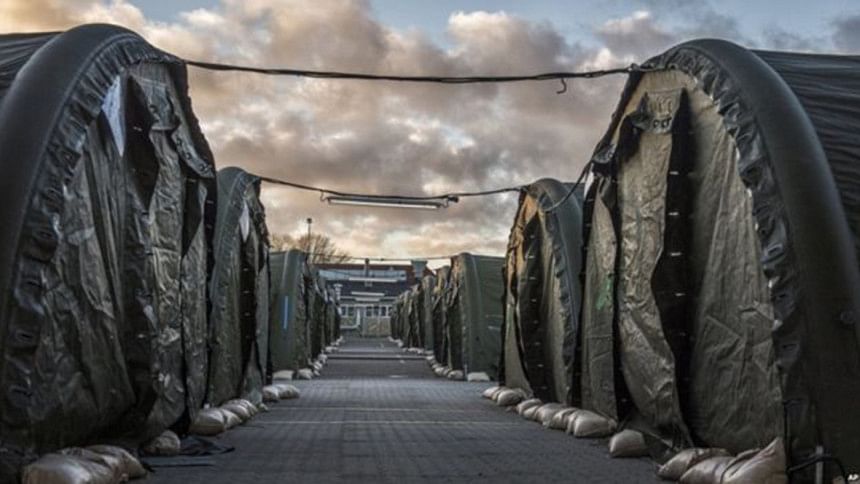
‘SYMBOLIC MEASURES’
The new government has promised to get tough on immigration since its election in June.
Integration Minister Inger Stojberg said the measures simply put migrants on an equal footing with jobless Danes who must sell assets above a certain level to claim benefits.
She said the assets would help pay for housing, healthcare and some education.
Another heavily criticised part of the bill would delay the reunification of families for up to three years, up from the current one year.
The UN High Commission for Refugees, in its report on the proposed legislation, said the swift reunification of families was enshrined in a number of international conventions it called on Denmark to observe.
The bill also includes measures making it harder to obtain permanent residency and shortening temporary resident permits.
"Refugees have lost their homes and almost everything they possess, it beggars belief that somebody would want to strip them away from the little they have managed to salvage from their lives," UNHCR spokesman William Spindler told the BBC.
"Refugees need and deserve compassion, understanding, respect and solidarity."
Sophie Carsten Nielsen, an MP with the opposition Social Liberal party, said the bill was designed to "send a signal to refugees... that here in Denmark it's very difficult to come in... you will be investigated and you will be ransacked and they will search your bags for every sort of belongings that you have."
Denmark received around 20,000 refugees last year and expects a similar number this year. Neighbouring Sweden took in 163,000 and Germany has taken around one million.

 For all latest news, follow The Daily Star's Google News channel.
For all latest news, follow The Daily Star's Google News channel. 

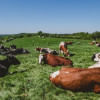


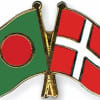
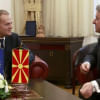

Comments